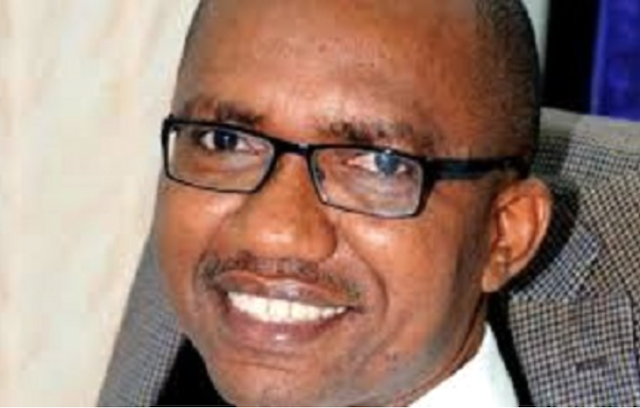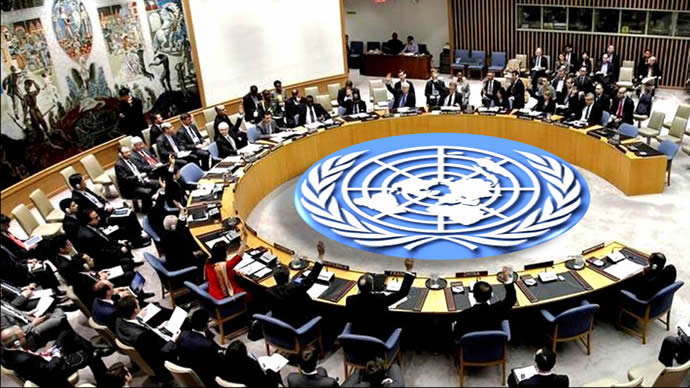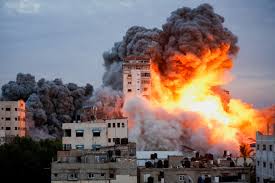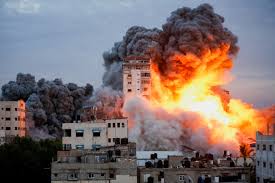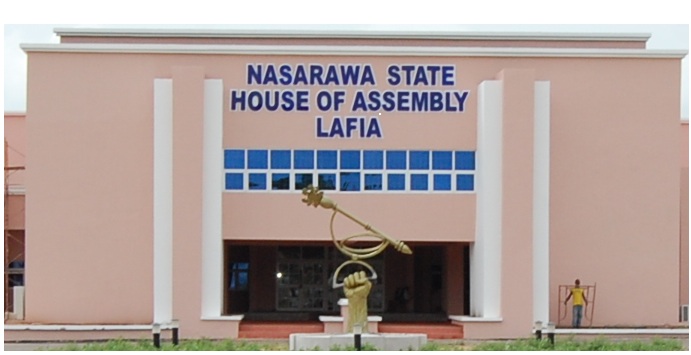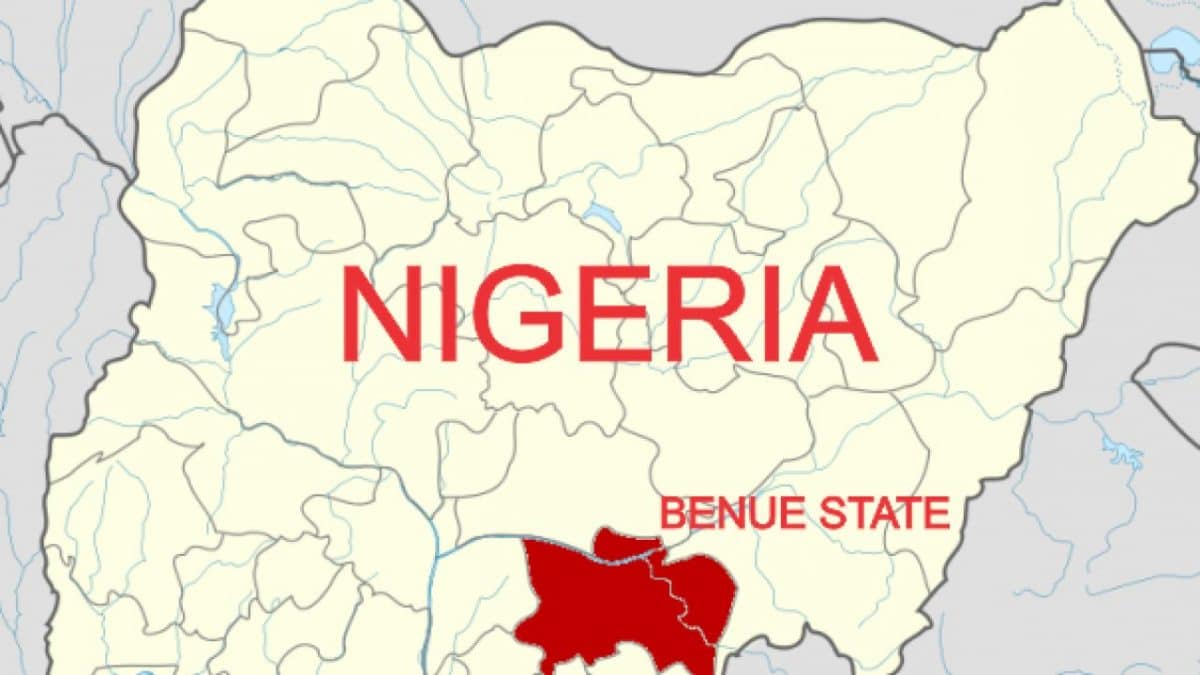I was going through some old files in my closet the other day when I saw some documents and receipts that absolutely cracked me up. Among the browning, time-worn papers was the receipt from a private primary school for the payment of my first daughter’s fees.
It was a middle-class school that charged N5,000 naira per term. Attached to the fading receipt was a thank you note by the bursar. I rocked with laughter. This was in 1995 when, after nearly seven years of working, my monthly salary was around 60k or so. I will not forget how my mother reacted when she found out how much I was paying for her granddaughter’s termly fees. “Did your university tuition cost that much?”, she asked despairingly.
Of course, it did, but not by a lot. As I held that rusty receipt in my hand on that day, the shock and despair in my mother’s face about how prices had gone up and how things had changed, for the worse, flooded my mind.
Yet, within three decades of my mother showing concern, the joke was on me. By this time, it was no longer a laughing matter.
“Ilu le o…!”
I had somehow managed to find out how much my daughter was paying for my granddaughter’s school fees in a school certainly more upscale than the one she attended, but by my reckoning, unlikely to be among the A-List schools in her part of town.
What she was paying for my granddaughter’s kindergarten per term was roughly ten times my salary after seven years of working. I couldn’t help wondering what my mother would have said or done if she had lived to see the school fees of her great-granddaughter, a kid enrolled barely out of her diapers! And this was only three years ago.
Many things in the old files in my closet reminded me of how the times are changing. When I think of Victor Olaiya’s famous highlife song, “Ilu le o!” (literally meaning, Country hard!) released over 40 years ago which was supposed to have captured the misery of men and women complaining about the hard times, I wonder exactly what the moaning was about.
Nuts for the rich
A few days ago, I had a conversation with my local cashew nut seller. I had been buying cashew nuts from her since when a bottle cost N800, which was not up to four years ago. Slowly, but steadily, the price climbed to N1,000, then N1,200, then N1,500 and before you could say, “cashew,” it became N4,000 per bottle – roughly the cost of my daughter’s one-term school fee in the late 1990s.
How do you buy a bottle of nuts for N4,000? Perhaps because I drive a big car – which is a Tokunbo, by the way – the nut seller thought she had me hooked; that I should be able to afford the nut, whatever the price. Well, she was mistaken and I told her so. Of course, she pleaded that it was not her fault that it was – you guessed right – the exchange rate! Dollar or not, I won’t buy cashew nuts now priced as luxury items.
Of course, I know about the fiber, protein and healthy fats that come from cashew nuts, not to mention blood sugar control, heart health and weight loss. But at 72.5kg, and with the gift of a stature that can eat both pounded yam and mortar without them showing, why should I lose sleep over weight? Whatever cashew nut offers, especially in fiber, I will get from sweet potatoes.
But cashew nuts are not the whole story of this cost-of-living crisis. Even potatoes have doubled in price. According to a BBC report, prices in Nigeria are rising at their fastest rates ever in the last 30 years.
This was how the BBC report described it: “A standard 50kg bag of rice, which could help feed a household of between eight and 10 for about a month, now costs N77,000,” that is, about double the price last December. The prices of other staples such as beans, garri, maize and millet have also gone up, costing the average worker two months’ minimum wage for a bag.
Portion control
Portion control was a frequent point of argument in my house. It’s a problem with men, of course, but it’s worse with African women brought up to believe that the proof of spousal care is in the size of the husband’s weight, measured by the amount of food on his plate. It’s considered taboo in many places, especially in the South of Nigeria, for example, for a man’s plate of soup to have only one piece of meat or fish. Or for his dough, famously called swallow, to appear miserly.
This well-intended culture of culinary excess is captured in Chinua Achebe’s Things fall apart, where the story is told of a wealthy man who gave a feast at which guests on one side of the table did not see those on the other side from morning until night when they managed to level the mountain of food set before them during the new yam festival.
If, however, Okonkwo’s guests were living in today’s Nigeria, where a sachet of water in a 50cl plastic bag costs N20, more than twice the price last year, they would be lucky to find enough water to drink after a meal of afafata, chaff of rice grain, which is now a staple in parts of Northern Nigeria.
My point about portion control is that after years of struggling to convince my wife, and often the female domestic staff, that measurements and smaller food portions, including far fewer pieces of protein in my meals don’t mean lack of care, the cost-of-living crisis is finally driving the point home!
As for other things such as the cost of petrol and other energy costs, which increased by 216 percent from N195 per litre after the removal of subsidy last May, I threatened to buy a bicycle to augment my transportation cost before a concerned staff warned me of the risk of cycling nearly 15 kilometres to work across two major highways.
There is, however, one area of adjustment, which after futilely struggling to contain without luck, I have decided to seek “divine intervention”, as we say: my BP medication. In a country where less than five percent of the population have health insurance and the rest pay out-of-pocket for treatment, persons with underlying medical conditions have been badly hit by the current inflation rate of 28.9 percent.
It’s not a laughing matter. Last year, for example, a packet of Co-Diovan 80/12.5mgs, my recommended BP management medicine, cost about N8,000. Now, it is N24,000 and still rising for the same packet which lasts 28 days.
Trouble in the world
Of course, it’s not a uniquely Nigerian problem. From New Zealand to Nepal, countries around the world have been battling with a serious cost-of-living crisis. This crisis is a combination of factors ranging from COVID-19 and the supply chain problems that followed, to the war in Ukraine and extreme climate changes across the world.
In fact, Nigeria is not listed among the 10 African countries with the highest cost of living, a list that features Senegal at the top, with others such as Cote d’Ivoire, Zimbabwe, South Africa, Cameroon and Kenya, among others.
Just like economic problems imitate physical diseases, countries with underlying structural problems have been the worst hit. The difference from place to place, however, has been in how leaders repaired trust and mobilised resources in response.
President Bola Ahmed Tinubu campaigned for his current job knowing full well there won’t be a honeymoon from day one. I’ll need to file something urgently in my closet that my granddaughter might see someday to show that my vote for him was not a mistake.
